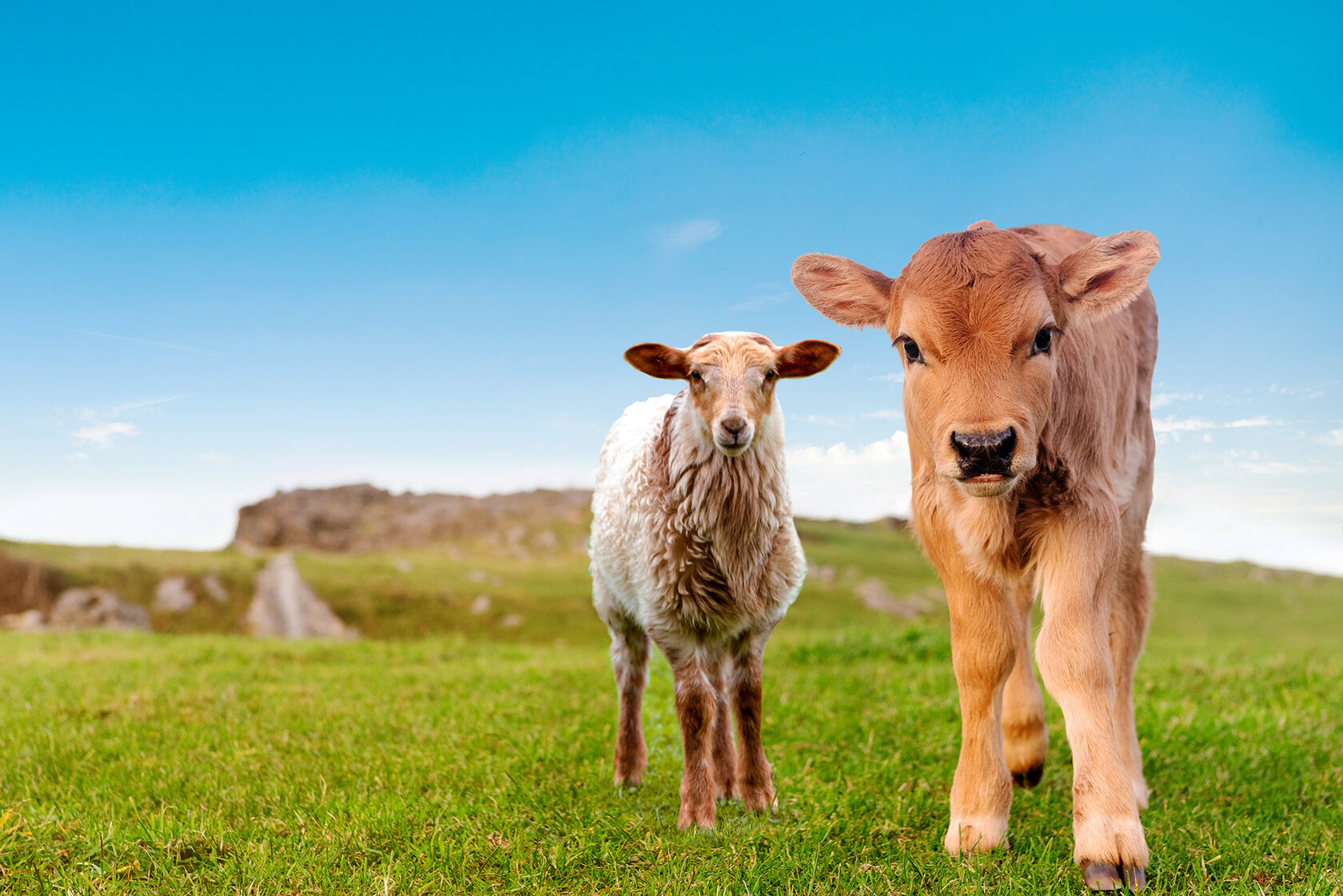The intestinal microflora plays an important role in the health and productivity of farm animals. Normalization of intestinal microflora, increasing the safety and productivity of agricultural animals is an important task for farmers and veterinarians.
The intestinal microflora of animals consists of many different types of bacteria that help in digestion, assimilation of nutrients and providing immune protection. However, stress, malnutrition, infections and antibiotics can disrupt the balance of microflora, which leads to diseases and reduced productivity of animals.
The balance of intestinal microflora is important for animal health. A violation of this balance can lead to diseases such as inflammatory bowel diseases, and can also reduce the productivity of animals. Therefore, the management of intestinal microflora is an important part of the care of farm animals.
Most of the intestinal microflora consists of beneficial microflora – several thousand genera and species of beneficial bacteria. They help in the digestion of food, the production of vitamins and protection from pathogenic microorganisms. Some of the most common types of bacteria include Bacteroides, Ruminococcus, Lactobacillus, etc.
Fungi also make up part of the intestinal microflora, although their number is usually less than bacteria. They can help in the digestion of certain types of food and also play a role in the immune system.
Protozoa are single—celled organisms that can be both beneficial and harmful. Some protozoa help in the digestion of food, while others can cause diseases.
Viruses are the smallest and simplest microorganisms in the intestine. They can affect the health of animals by interacting with other microorganisms.
There are several methods for normalizing the intestinal microflora and improving the safety and productivity of agricultural animals:
1. Probiotics: Probiotics are living microorganisms that, when consumed in certain quantities, bring health to the host. They help restore the balance of intestinal microflora, improve digestion and strengthen the immune system. Probiotics can be added to animal feed or injected through water.
2. Prebiotics: Prebiotics are insoluble substances that stimulate the growth and activity of beneficial bacteria in the intestine. They serve as "food" for beneficial bacteria and help to improve the state of the microflora.
3. Synbiotics: Synbiotics are a combination of probiotics and prebiotics. They provide a double effect - stimulate the growth of beneficial bacteria and at the same time provide them with food.
2. Prebiotics: Prebiotics are insoluble substances that stimulate the growth and activity of beneficial bacteria in the intestine. They serve as "food" for beneficial bacteria and help to improve the state of the microflora.
3. Synbiotics: Synbiotics are a combination of probiotics and prebiotics. They provide a double effect - stimulate the growth of beneficial bacteria and at the same time provide them with food.
Proper nutrition plays an important role in maintaining a healthy intestinal microflora. The food should be balanced and contain all the necessary vitamins, minerals and nutrients. In addition, it is important to provide comfortable conditions for animals and avoid stressful situations. Antibiotics should be used only as prescribed by a veterinarian and in strictly controlled doses.
Maintaining a healthy intestinal microflora is important for the safety and productivity of agricultural animals. The use of probiotics, prebiotics, synbiotics, proper nutrition and stress management, as well as monitoring the use of antibiotics can help achieve these goals.
